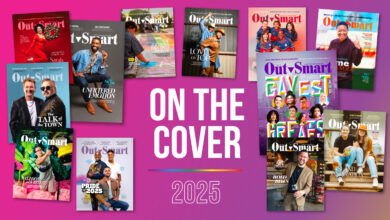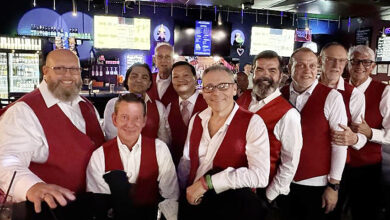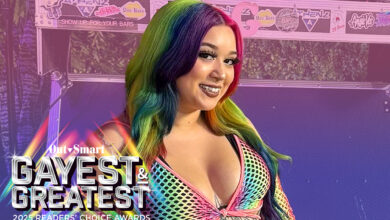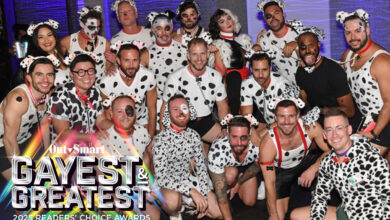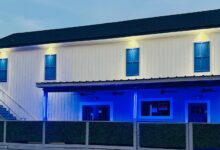DJ MLE Brings Afro-Caribbean Beats and Queer Joy to the Dance Floor
Emily Areta uses music to heal, celebrate, and build community in Houston.
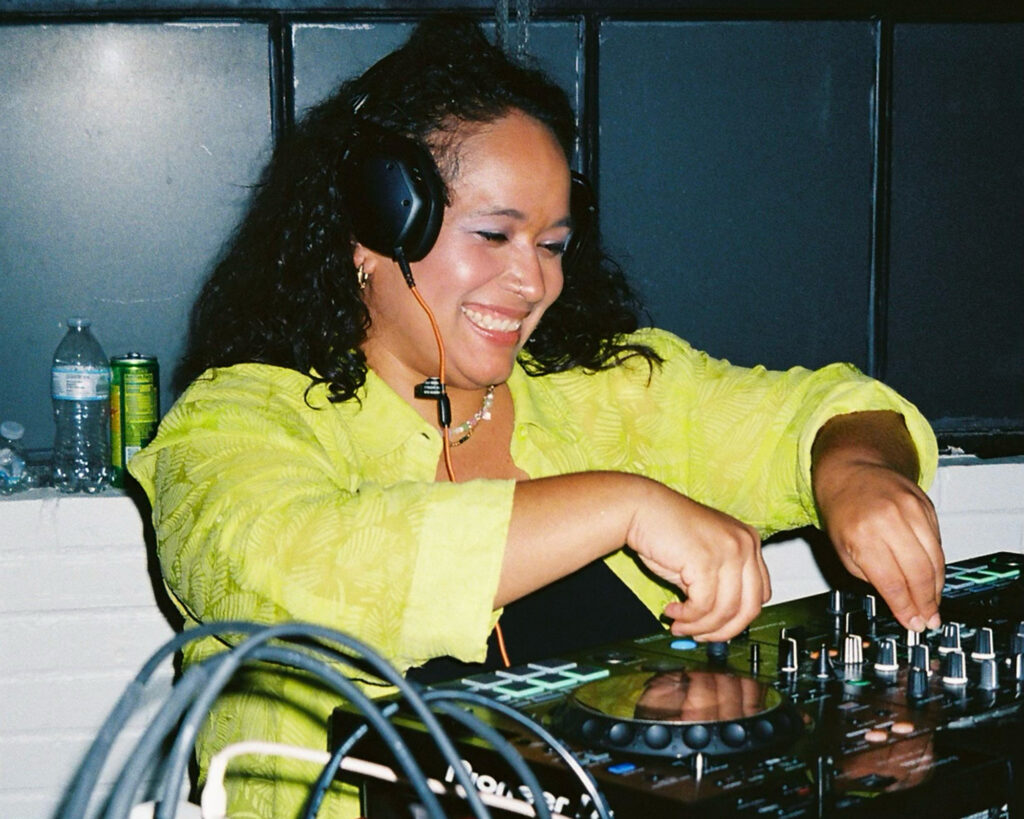
For Emily Areta—better known as DJ MLE—the dance floor is more than a party. It’s a place for transformation.
Blending Afro-Caribbean rhythms with her Afro-Panamanian roots, Areta doesn’t just play music. She creates musical experiences that recharge the spirit of those in the crowd. “Ultimately, my goal is to get people out of their minds and fully into their bodies, to the point where they’re releasing the stresses they carry and connecting with others through movement,” she says.
Areta’s path to the booth began long before she ever touched a turntable. Raised in Houston by a single mother who led the Panamanian folkloric dance group Ritmos de Panamá, Areta was immersed in culture from day one—singing in church choirs, performing in musical theater, and even beat-boxing for her college a cappella group. But it wasn’t until a transformative year living in rural Panamá on a Fulbright grant that she began to see music through a different lens. “There, I was blown away by how Caribbean and diasporic the music scene was,” she says. “Salsa, soca, reggae, Afrobeats, reggaeton—it all blended seamlessly. It felt so different from what I’d known in Houston.”
When she returned home, she was determined to inject Houston’s Latin music spaces with more Afro-diasporic presence. In 2017, amid the torrential rains of Hurricane Harvey, a friend’s unused DJ controller and a handful of YouTube tutorials became the seeds of a now-prospering career. By 2019, she’d launched Tumbao, her first weekly residency at The Flat, carving out space for Afro-Latin music and artists in a scene that lacked representation. She soon decided to build on that achievement.
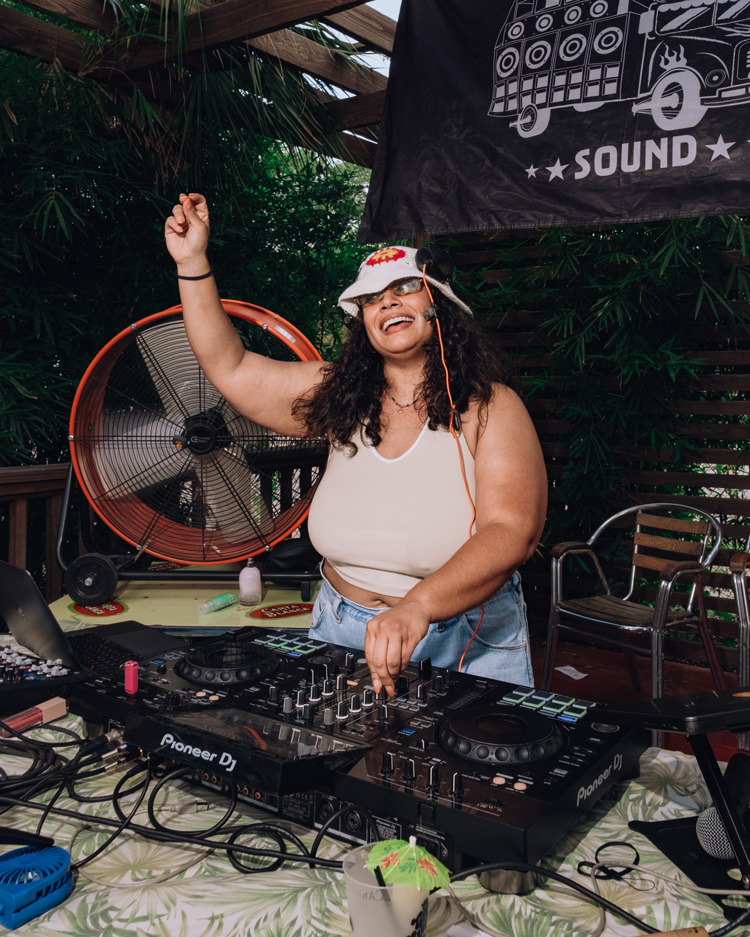
With a grant from the Houston Arts Alliance, Areta co-founded Juicebox, which is a collective uplifting Black and brown queer DJs and creatives. During the pandemic, the group organized a 14-hour virtual music festival to raise funds for artists and foster connection during a time of isolation. That same energy continued offline with residencies, collaborations, and safe spaces like Play Date, which became a hub for queer DJs to gain experience on club-standard equipment.
In 2023, a powerful partnership emerged when Areta met Caribbean-American DJ Yanna. Together, they formed La Jungla, a femme and queer-forward event series that fuses Afro-diasporic sounds with Houston nightlife. Their third event drew over 200 attendees—and was just a preview of things to come.
In 2024, with support from another Houston Arts Alliance grant, they launched La Jungla Fest, an expansive cultural celebration featuring artists from the Dominican Republic, Chicago, and Houston. Backed by Bacardi and curated with local femme vendors and visionary artists, the festival showcased Areta’s mission: to center joy and queerness.
Areta’s approach to DJing is deeply political. Every beat she plays is an act of cultural reclamation, one rooted in her own family’s legacy. Her grandfather, Emilio Sempris, was a renowned big band director in 1950s Panamá, and his passion for music is fully evident in her sets.
“Anyone who sees music as a tool for community building and political resistance—especially for BIPOC and LGBTQ+ folks—influences me,” she says.
And that shows in the events she’s built through her new production platform Diablo Rojo Sound. From the spicy Calentura Day Party to collaborations with brands like Ilegal Mezcal and Ice House Radio, she’s expanding the blueprint for what inclusive nightlife can look like.
Still, challenges remain: venue access, business development support, and funding are constant hurdles for queer creatives, particularly those of color. But Areta remains hopeful and committed.
“I just want people to be safe and seen in the spaces I create,” she says. “If it doesn’t exist, create it. That’s always been my motto.”
Follow DJ MLE on Instagram: @lajungla.htx




